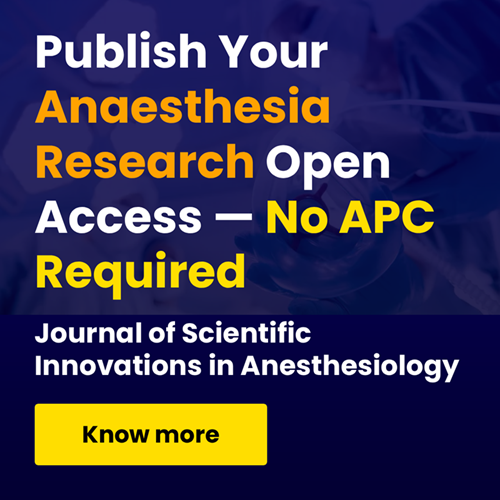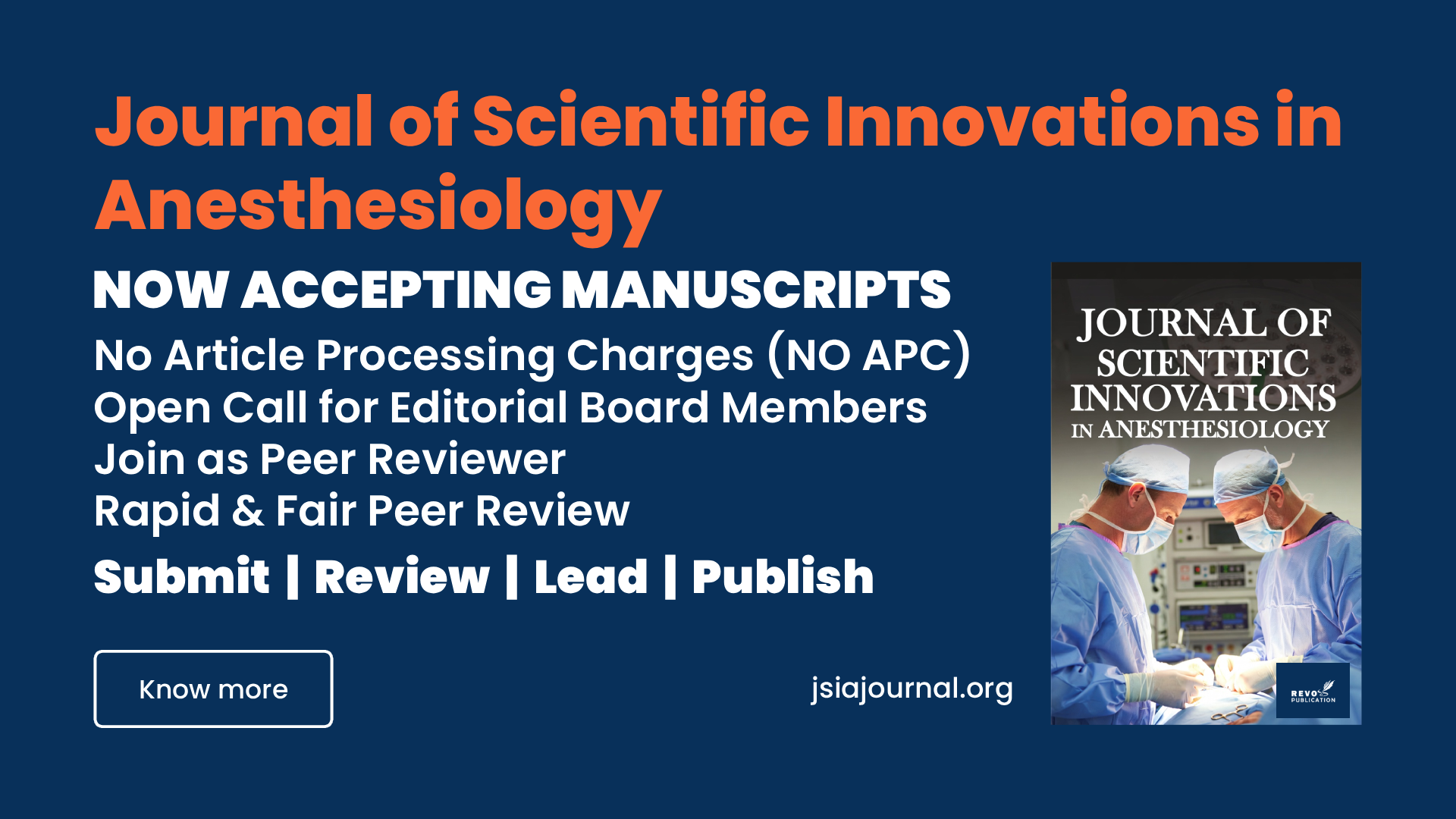Molecular Cancer Therapeutics Impact Factor, Quartile, Indexing, Ranking

Molecular Cancer Therapeutics (MCr) is a scholarly journal dedicated to publishing research in the field of Medicine, and Published by American Association for Cancer Research. The Print-ISSN of Molecular Cancer Therapeutics is 1535-7163 and its abbreviation is Mol Cancer Ther.
The latest Impact Factor of the Molecular Cancer Therapeutics for 2026-2027 is 5.7.The Publicaiton fees (APC) is Base Fee, $1900, OA Price $6000.
Molecular Cancer Therapeutics Aim and Scope
Molecular Cancer Therapeutics publishes translational research studies focused on the discovery and preclinical development of therapeutic agents for oncology. To reflect the evolving field of therapeutics, the journal’s interest extends to all selective drugs including small molecule inhibitors, antibody-drug conjugates, antibody cytokine fusions, bispecific antibodies, cell therapies, gene therapies, radio-immunotherapeutics, vaccines, viral therapies, and other experimental approaches in oncology.
Specific areas of interest are the disclosure of translational investigations of novel drug therapies, preclinical studies of approved therapeutics (including their combination with radiation therapy), mechanisms of action, mitigation of resistance, biomarkers of response, novel models and technology, and applications of big data in drug discovery.
The following guidelines, which may be revised from time to time, describe what the Editors are looking for in submitted manuscripts:
- Data/experiments are substantive and support conclusions; all key experiments are designed and performed properly.
- Sufficient detail is provided to facilitate repetition of the experiments to verify data.
- Rigorous statistical evaluation is performed. Sufficient group size is used for animal studies.
- Appropriate replicates in cellular studies are used.
- Relevant cell lines, animal models, and assays are utilized.
- Studies must be performed according to AACR and Institutional Guidelines.
- Multiple relevant cell lines (or patient specimens) are examined/used/studied to support conclusions.
- Studies are performed using relevant concentrations of agents, conditions, schedules, and other related material. Where human data exists, the data should be used to define parameters for laboratory studies.
- Appropriate controls are employed for all experiments (especially inactive analog compounds).
- In vivo studies should go beyond establishment of biological effect and show modulation of the intended target (or cellular pathway) in vivo. Pharmacokinetic (PK)/pharmacodynamics (PD) studies are extremely useful; dose-response should be demonstrated.
- Inclusion of relevant structures of compounds mentioned or used in the work is essential and enhances the readability of the paper. Studies with uncharacterized mixture of Natural Products will not be considered.
- For novel structures previously unreported, experimental details of synthesis should be included in the main body of the paper or in Supplementary Material.
- Any references or patents cited that provide the synthesis of compounds should be specific, not general, and should be easily obtained.
Molecular Cancer Therapeutics Details
| Journal title | Molecular Cancer Therapeutics (MCr) |
| Abbreviation | Mol Cancer Ther |
| Print ISSN | 1535-7163 |
| Online ISSN | 1538-8514 |
| Publisher Name | American Association for Cancer Research |
| Editor-in-chief | Beverly A Teicher |
| Subject Category | Medicine |
| Access type | Hybrid |
| Status | 🟢 Active |
Molecular Cancer Therapeutics Metrics and Rankings
In the context of academic journals, "Metrics and Rankings" refer to various measures and evaluations used to assess the quality, influence, and impact of a journal.
Below are the metrics and rankings for the journal Molecular Cancer Therapeutics
| Impact Factor | 5.7 |
| SJR | 1.890 |
| SNIP | 1.040 |
| Ranking | 1088 |
| CiteScore | 10.3 |
| H-Index | 190 |
| Quartile | Q1 |
Molecular Cancer Therapeutics Article Processing Charge (APC)
| Article Publication Charges (APC) |
Base Fee, $1900, OA Price $6000 ✳️Without APC Medicine Journals |
Molecular Cancer Therapeutics Abstracting and Indexing
Abstracting and Indexing (A&I) refers to the processes that help organize and categorize academic journals, making them easier to find and access for researchers and scholars
| Abstracting and Indexing |
Molecular Cancer Therapeutics Submission
If you would like to submit a manuscript or visit the journal's website, please click on the link below.
| Journal Submission | 🔗 Journal Website |
Advertisement
Medicine Journals List
- Innovative Journal of Medical Imaging Medicine Impact Factor, Indexing, Ranking
- Annals of Nuclear Medicine Medicine Impact Factor, Indexing, Ranking
- Annals of Medicine Medicine Impact Factor, Indexing, Ranking
- American Journal of Infection Control Medicine Impact Factor, Indexing, Ranking
- American Journal of Industrial Medicine Medicine Impact Factor, Indexing, Ranking
- American Journal of Hypertension Medicine Impact Factor, Indexing, Ranking
- American Journal of Health Economics Medicine Impact Factor, Indexing, Ranking
- Annals of Vascular Surgery Medicine Impact Factor, Indexing, Ranking
- Annals of Thoracic Surgery Medicine Impact Factor, Indexing, Ranking
- Annals of General Psychiatry Medicine Impact Factor, Indexing, Ranking

